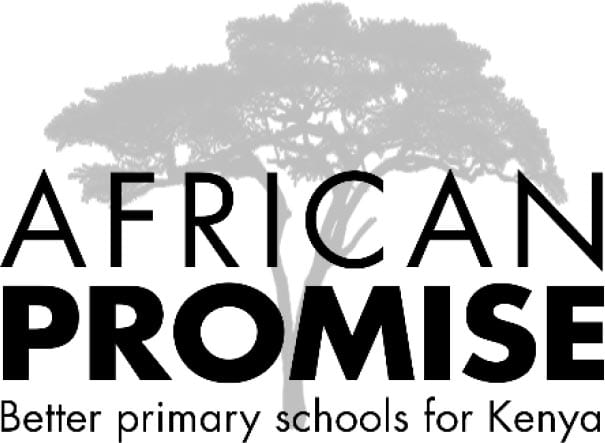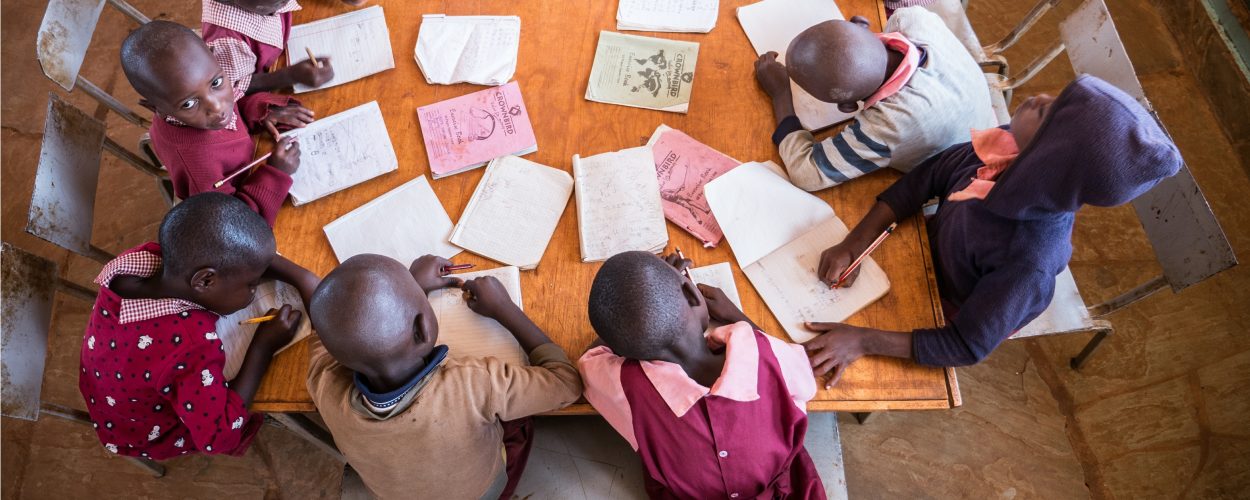Millions of school-going children across Kenya could be forced to drop out of school and the education of an entire generation put at risk if the government pushes ahead with unfunded plans to enforce socially-distanced learning when schools reopen in January 2021.
The Kenyan government is calling on parents to “dig deeper into their pockets” and on school boards “to revise institution budgets to prioritise infrastructure to maintain social distance, and provision of water, sanitation and hygiene” to ensure they can meet ‘Covid-safe’ measures, including the 1m spacing of pupils in classrooms.
These demands fail to recognise the reality that these budgets (which amount to just a few pounds per pupil per year without parental or third-party contributions) do not even stretch to funding the bare minimum running costs of a school, often leaving sums totalling just a few hundred pounds (or less) for investment in infrastructure, and furthermore that parents are already heavily overburdened providing additional funds for an education that should be free.
For over-congested public schools in Kenya where hundreds of children may share one classroom and four or five one desk, the cost of adhering to the government’s measures and guidelines could spell disaster, forcing them to remain closed if they cannot demonstrate that they are ‘Covid-safe’ and forcing children out of school entirely if their parents cannot afford the increased fees that will come with schools alone shouldering responsibility for the cost of implementing the government’s proposals, especially at a time of wider economic, job and income insecurity caused by the pandemic.
Whilst protecting children, staff and the wider community from Covid must be prioritised, the short and long-term effects of children’s continued absence from the classroom, including the impact on both their health and well-being and on their education, cannot be ignored.
For many children, especially girls, school is not just a place of learning but also a place of protection and security. Without that safety net, and with children idle at home, rates of teenage pregnancy, early marriage and malnutrition, are likely to increase, especially amongst those living in poverty and unable to engage in home or remote learning. For some of those caught up in this cycle of abuse and poverty, even a January reopening of schools might come too late.
Those that do return to an educational setting will have gone almost a year, at least, without having engaged in any meaningful learning whatsoever, especially those without access to tv, radio or internet at home and/or with illiterate parents unable to educate them. This gap in learning may already be catastrophic in terms of educational outcomes and future life prospects for some children, especially the most disadvantaged, further increasing educational inequity and leading to the potential for a lost generation.
Even with the hundreds of millions, perhaps billions, of pounds that will be needed for the extra classrooms, desks and learning materials, not to mention additional teachers, to allow for socially-distanced learning, it is inconceivable that this work could be completed before January, or indeed any time in the foreseeable future, given the woeful state of existing infrastructure in the average state school.
We are therefore calling on the Kenyan government to relax its stance and to instead focus on ensuring all schools can implement feasible and affordable Covid prevention measures, including wearing of masks, hand-washing and sanitising, temperature checks on entry, regular cleaning of key touch points, and staggering of break and lunchtimes, or even the introduction of part-time learning.
At the same time and in the expectation that additional funding from the government will fail to materialise, even for these basic measures, African Promise remains 100% committed to supporting our partner schools through this crisis; we will do absolutely everything in our power to ensure that they can be made as safe as possible for children and staff without parents having to shoulder an unaffordable burden and without the education of a generation of children being put even further at risk.
Thankfully, as a result of our investment in excess of £1m in the infrastructure of our seven partner schools over the last decade, they are already in a better position than many others across the country, especially when it comes to the size and number of classrooms, availability of single-seater desks, and access to safe and hygienic sanitation facilities and to clean water. Nevertheless, there is still significant work to be done over the next few months. We better get to it.


